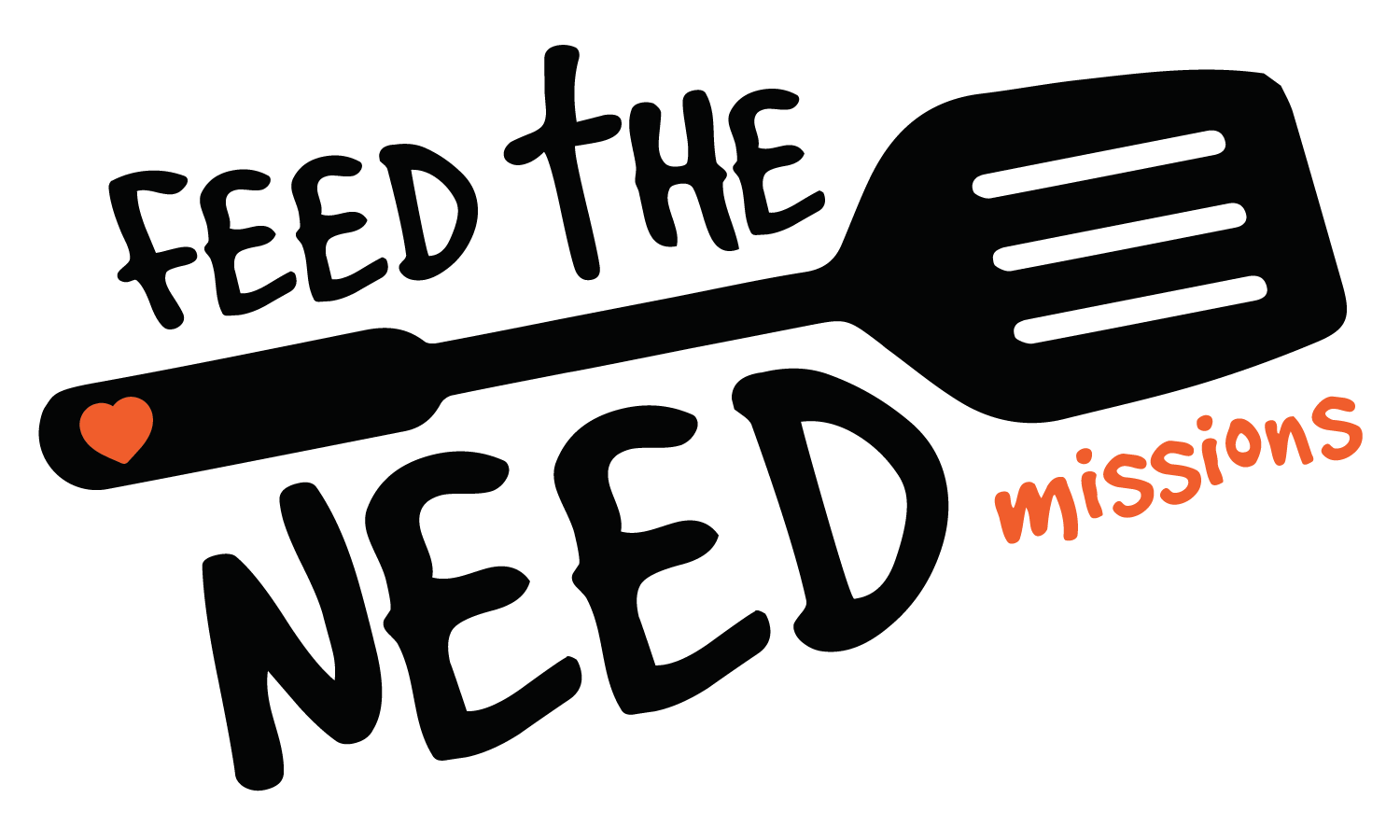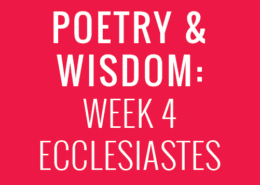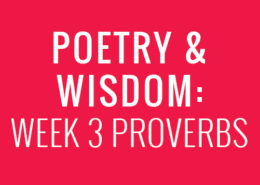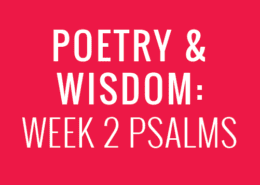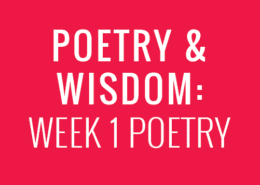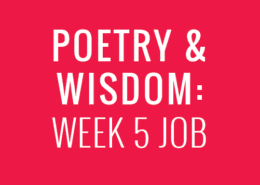
POETRY and WISDOM: WEEK 4 ECCLESIASTES
Start with talking about Poetry & Wisdom.
We discussed poetry and have challenged everyone to pray through the book of Psalms. We have also started to talk about wisdom, challenging everyone to be reading through the book of Proverbs. This week we are going to put life in perspective by asking everyone to look at their life as a whole and ask, “are we pursuing God and His Kingdom or something else?”
In this book we hear the skeptical voice of “the Teacher.” He observes that living by the book of Proverbs doesn’t always bring positive results. Sometimes life is hard and defies neat explanations. How do you live with that tension and still strive for wisdom? Ecclesiastes is the second of the biblical wisdom books.
Watch the video from us.
Review the notes below.
Ecclesiastes is one of the most unusual and misunderstood books of the Bible. It is often overlooked because it is perceived as a negative message. This book of wisdom cautions us that even wisdom has its limits.
The Book of Ecclesiastes is the critic’s response to Proverbs, which states we live a good life when we fear God and follow wisdom. This book’s author and the Teacher believe that life is Hevel; temporary and fleeting like smoke or vapor. We all try to build meaning and purpose in life apart from God, investing in pursuits and things that have no lasting meaning, but time marches on, we all die and bad things happen to good people.
In the end, the key to contentment comes from wisdom, accepting Hevel, fearing God, keeping His commandments and putting our trust in Him. We remain puzzled by life’s mysteries, but He will bring true justice that fuels our ability to live lives of honesty and integrity.
Ecclesiastes calls its author “Qoheleth,” which means “Teacher.” There is no clear identification of who Qoheleth is, but the reader is meant to think of King Solomon while exploring the ideas of the book. The central concept of Ecclesiastes is summarized in the word “meaningless.” This is repeated at least two dozen times in the book. The author declares much of life to be meaningless and also explains why.
There is always more that we can understand. And often, that knowledge brings us greater frustration and sorrow. We are limited because of our inherent nature, and we can never learn everything that is around us.
If everything is meaningless, how should we live? Live in moderation. Why wear yourself out doing things that aren’t permanent? Be content. Learn to be at peace with where you are in life. Contentment is the opposite of struggling for fortune and fame. Accept the limits of our understanding, realizing that God is God and we are not. We must be able to surrender our understanding to God.
Key Points
- The author of the Book of Ecclesiastes believes that life is Hevel or beautiful and mysterious but unclear, confusing, disorienting and uncontrollable like the fog.
- Our existence is like a blur or blink of an eye and passes as a shadow compared to the longevity of God’s creation and timeline.
- No matter what we do or who we are, we will die. Death is the great equalizer that renders most of our daily activities meaningless.
- Life is unpredictable, out of our control and nonsensical. Good people suffer, while evil people live long. We fail if we try to master life.
- Life is mysterious, but we can fear God, keep His commandments, enjoy the moment and trust His judgment because one day He will clear Hevel.
Talk About It
- How does it feel knowing that most of what you strive for in life is described as useless and “utterly meaningless?”
- Read Ecclesiastes 2:4-11 and 18-23. What is the writer’s perspective on working hard to advance in status and fortune?
- What does a life of moderation and contentment look like? How do you encourage those characteristics in your life and in the lives of those around you?
- Read Ecclesiastes 12:9-14. This passage is written by someone else looking back at the writer of the book and his ideas. How does this passage evaluate the book’s teachings?
- This book encourages us to let go of things that don’t last and don’t count. Of the things you strive for in life, which are meaningless and which are lasting?
Helpful Resources
A great article from Jon Bloom Lord, Prepare Me to End Well
The Bible Project Book of Ecclesiastes
